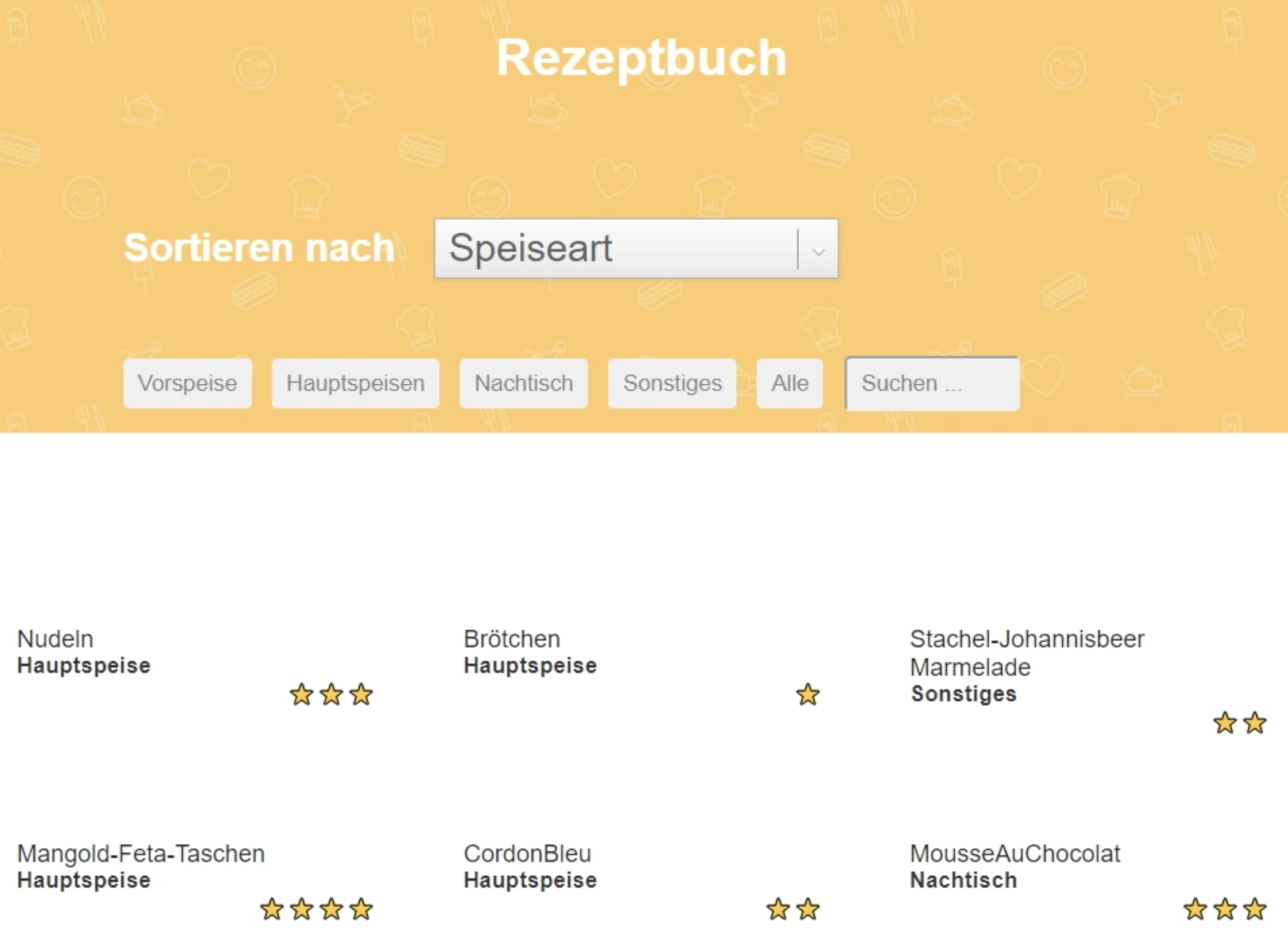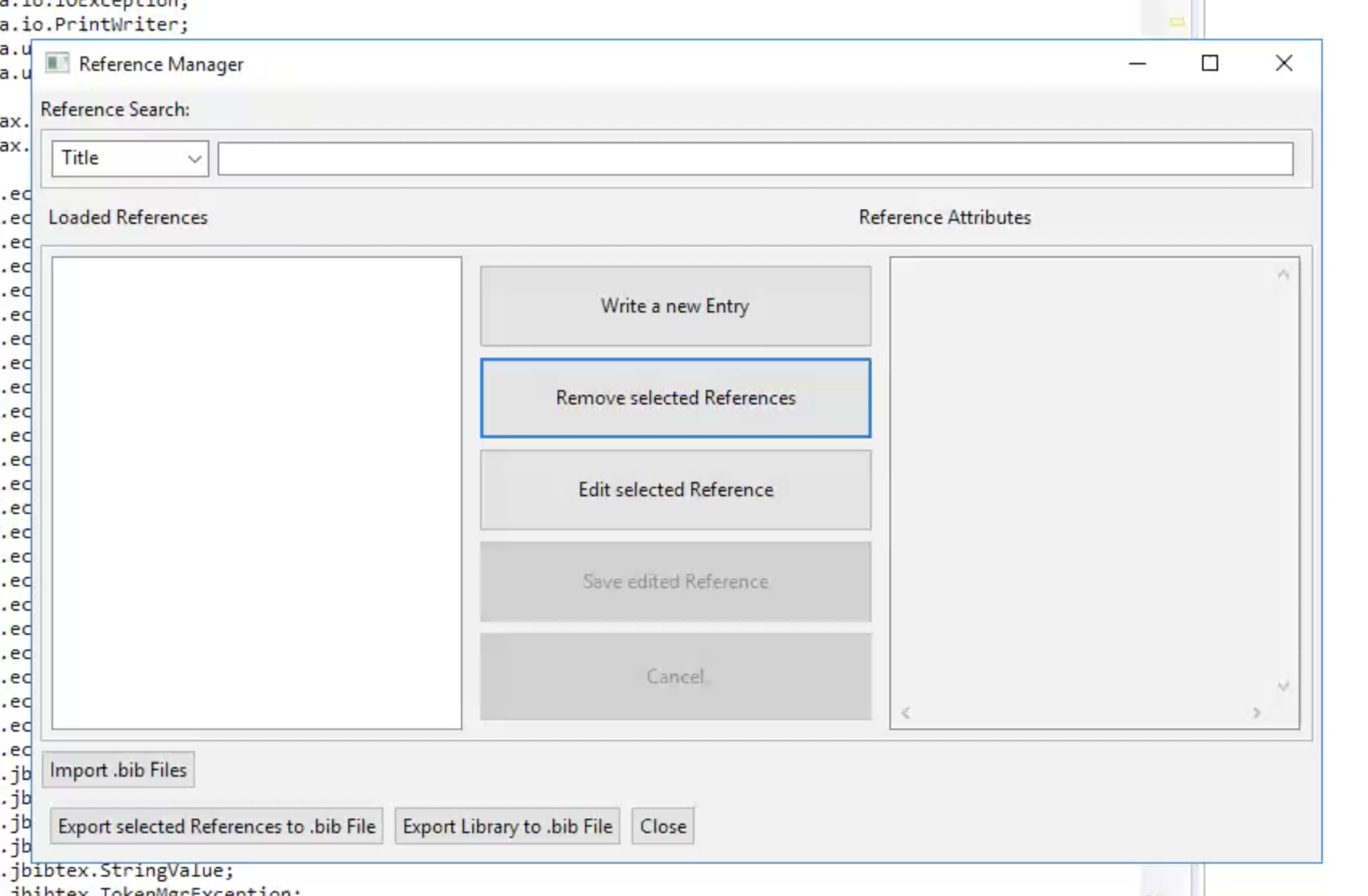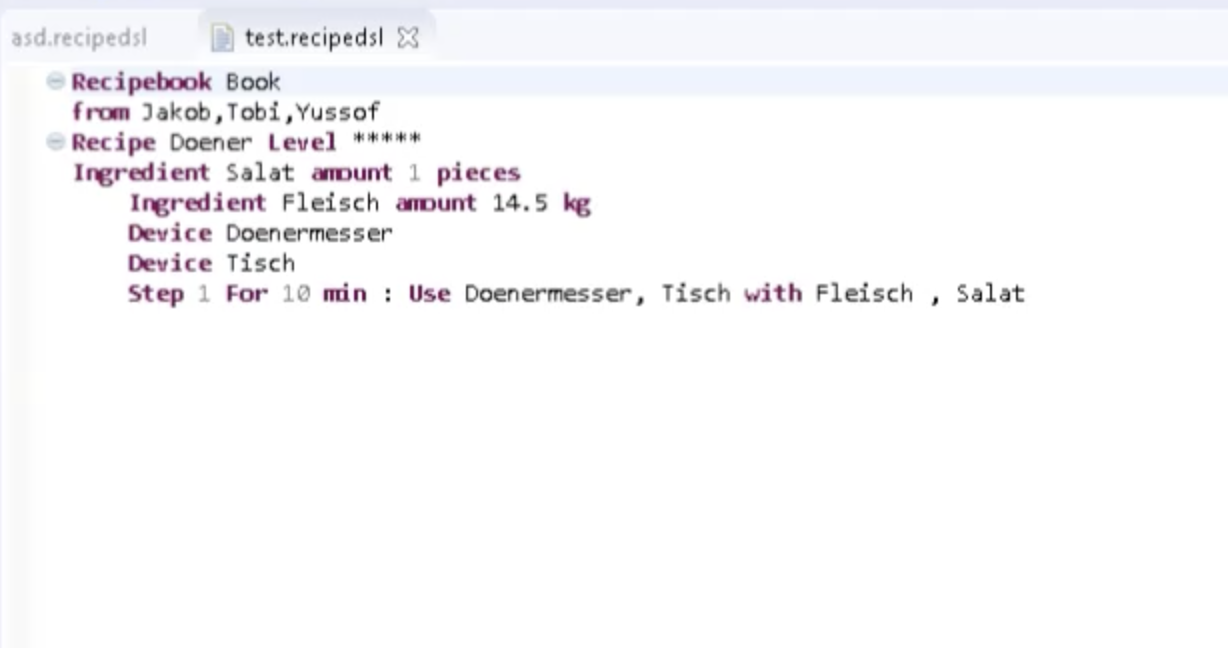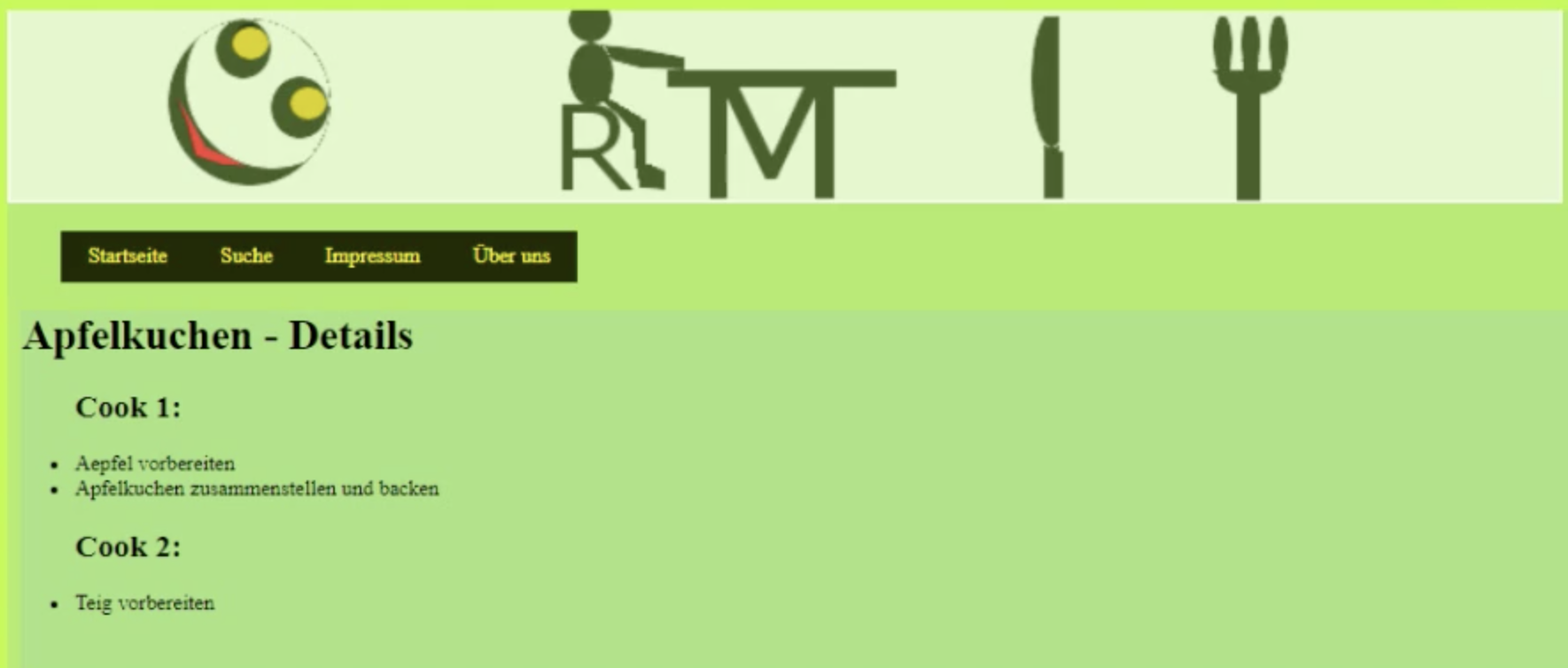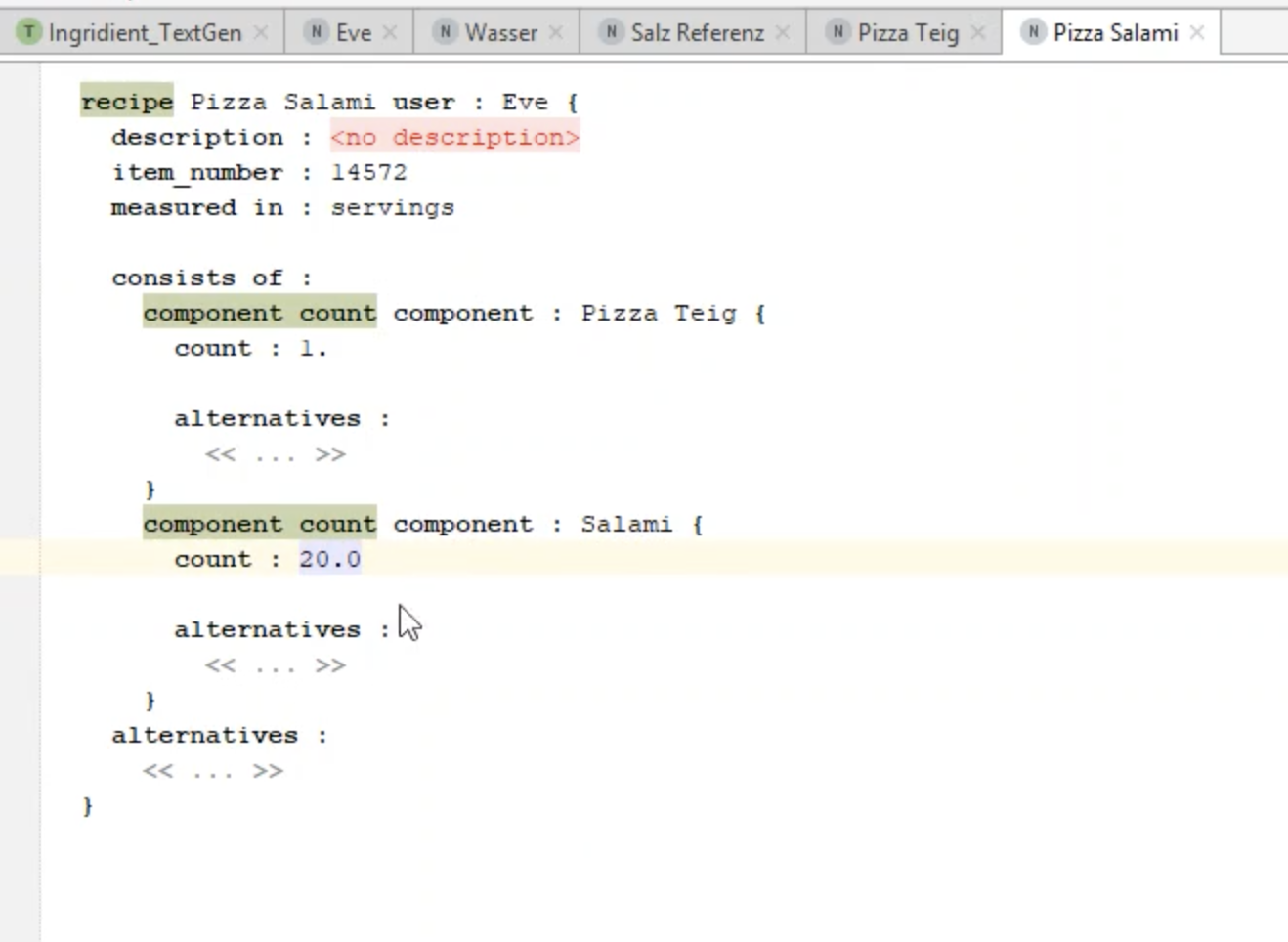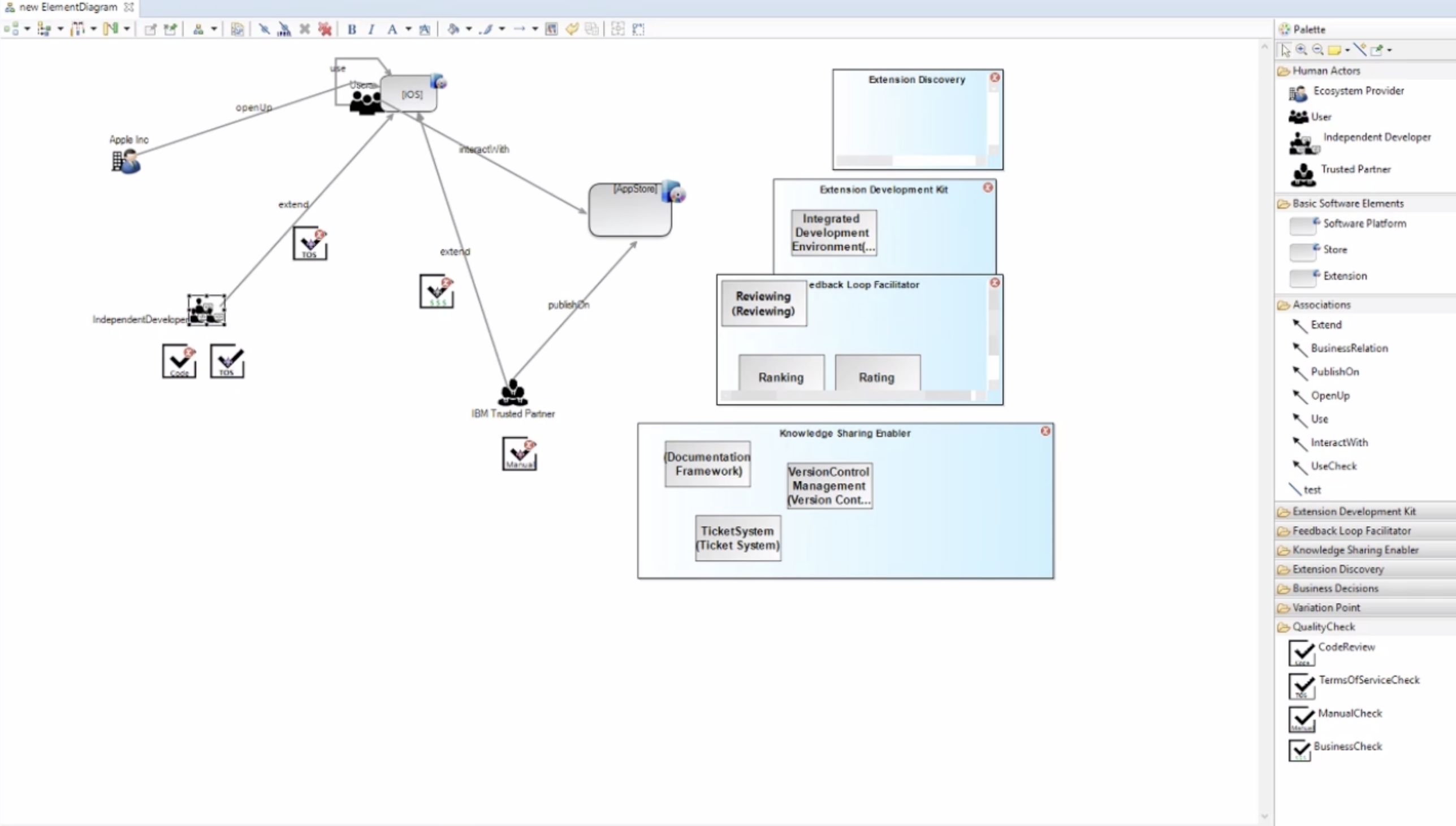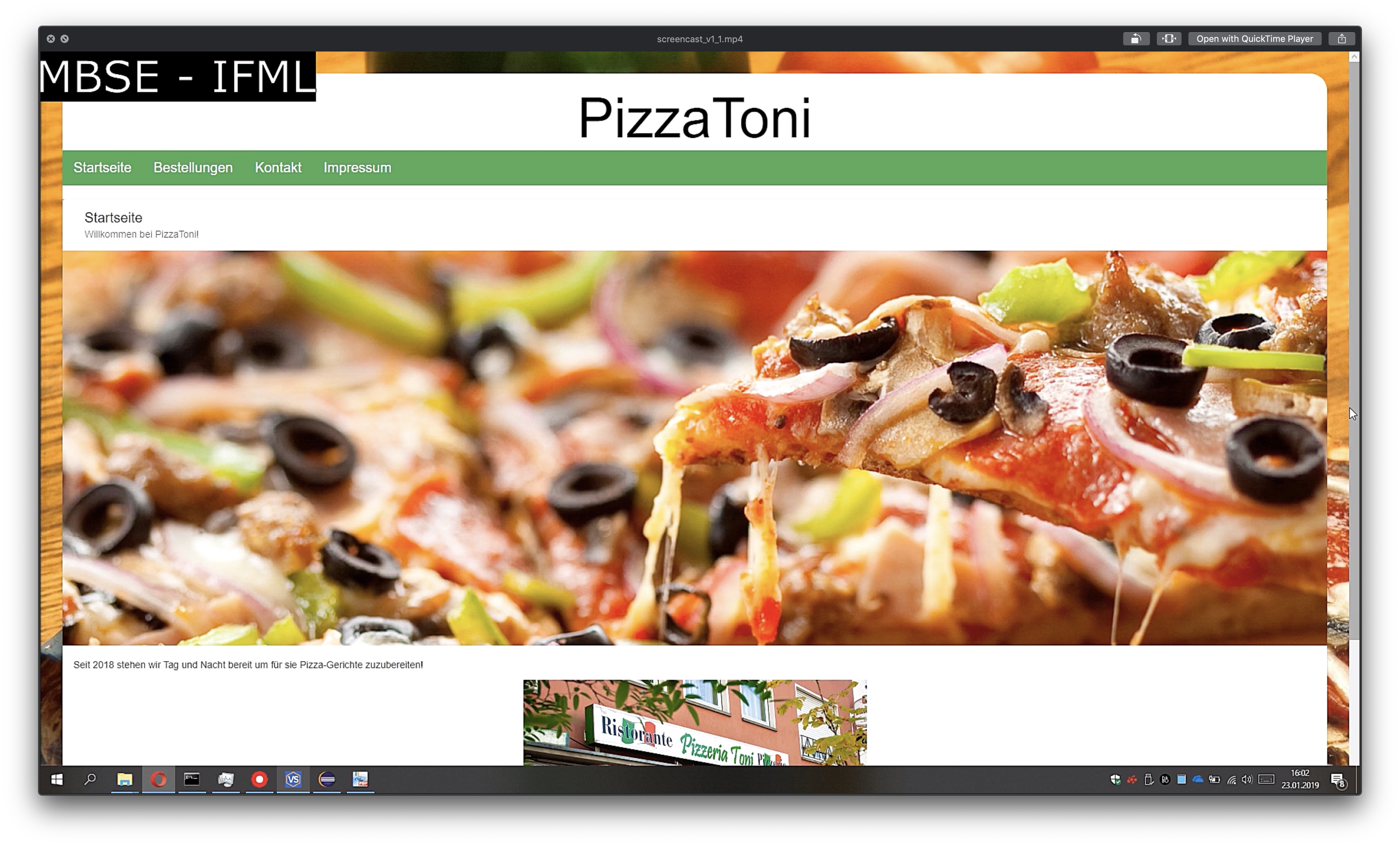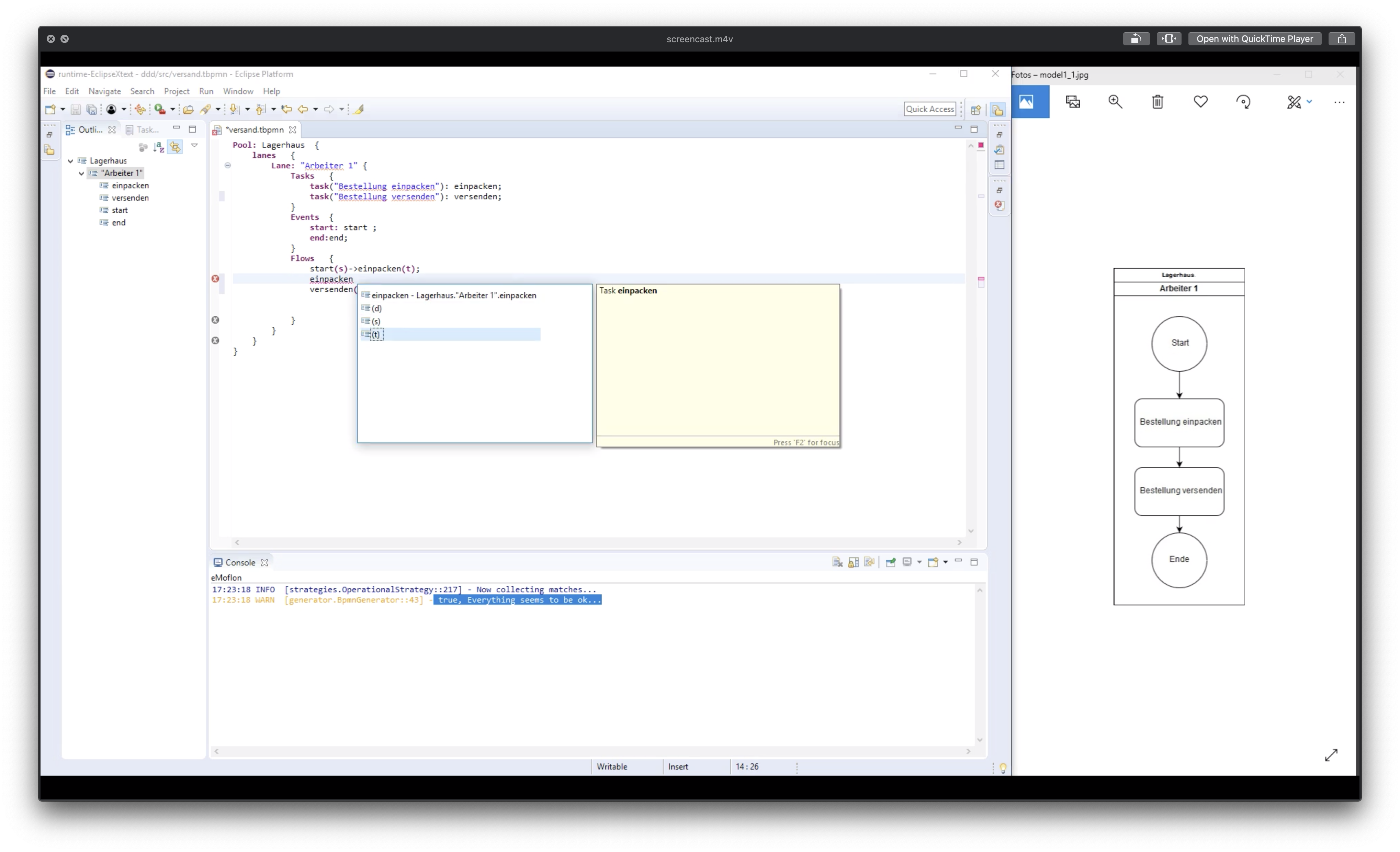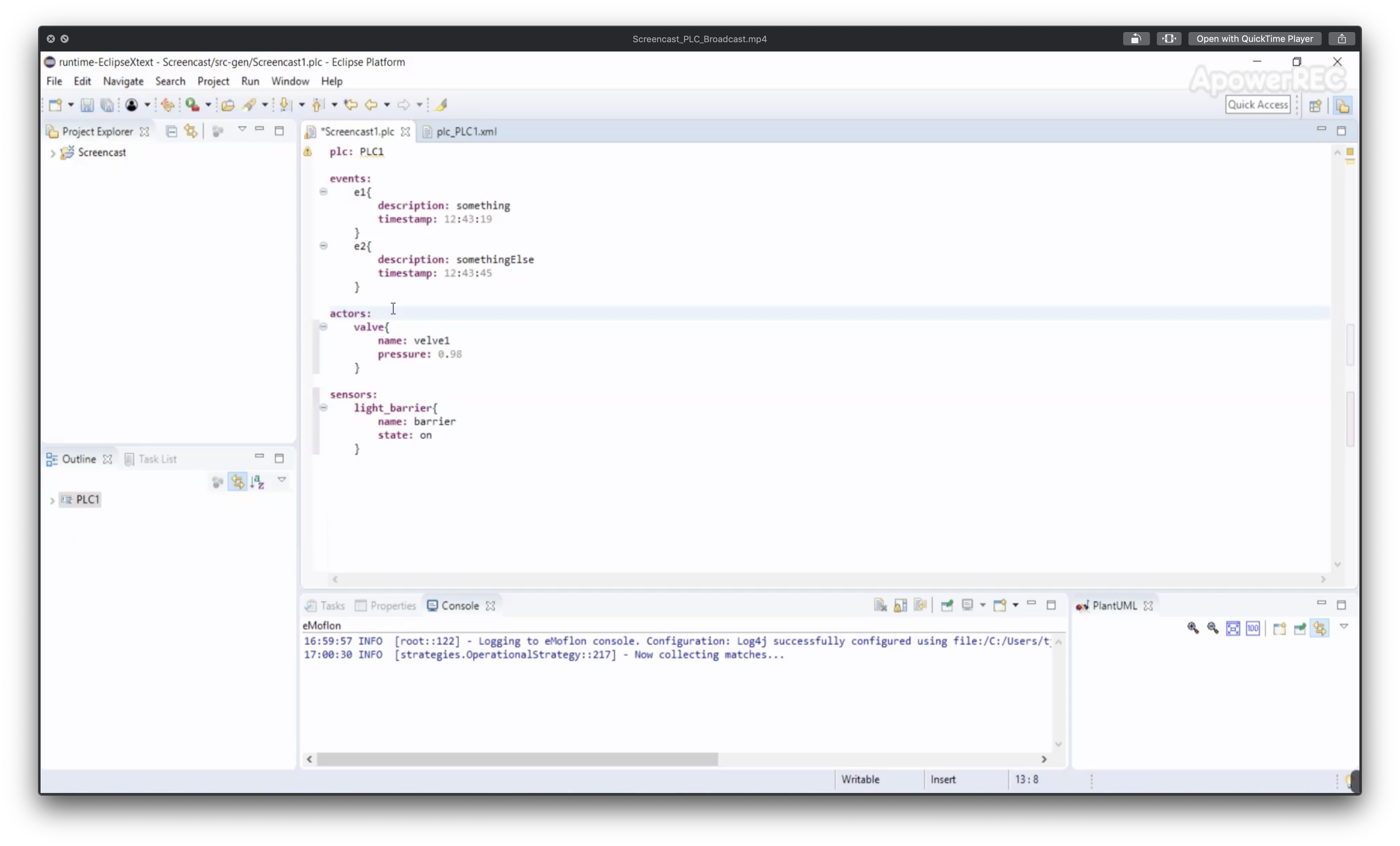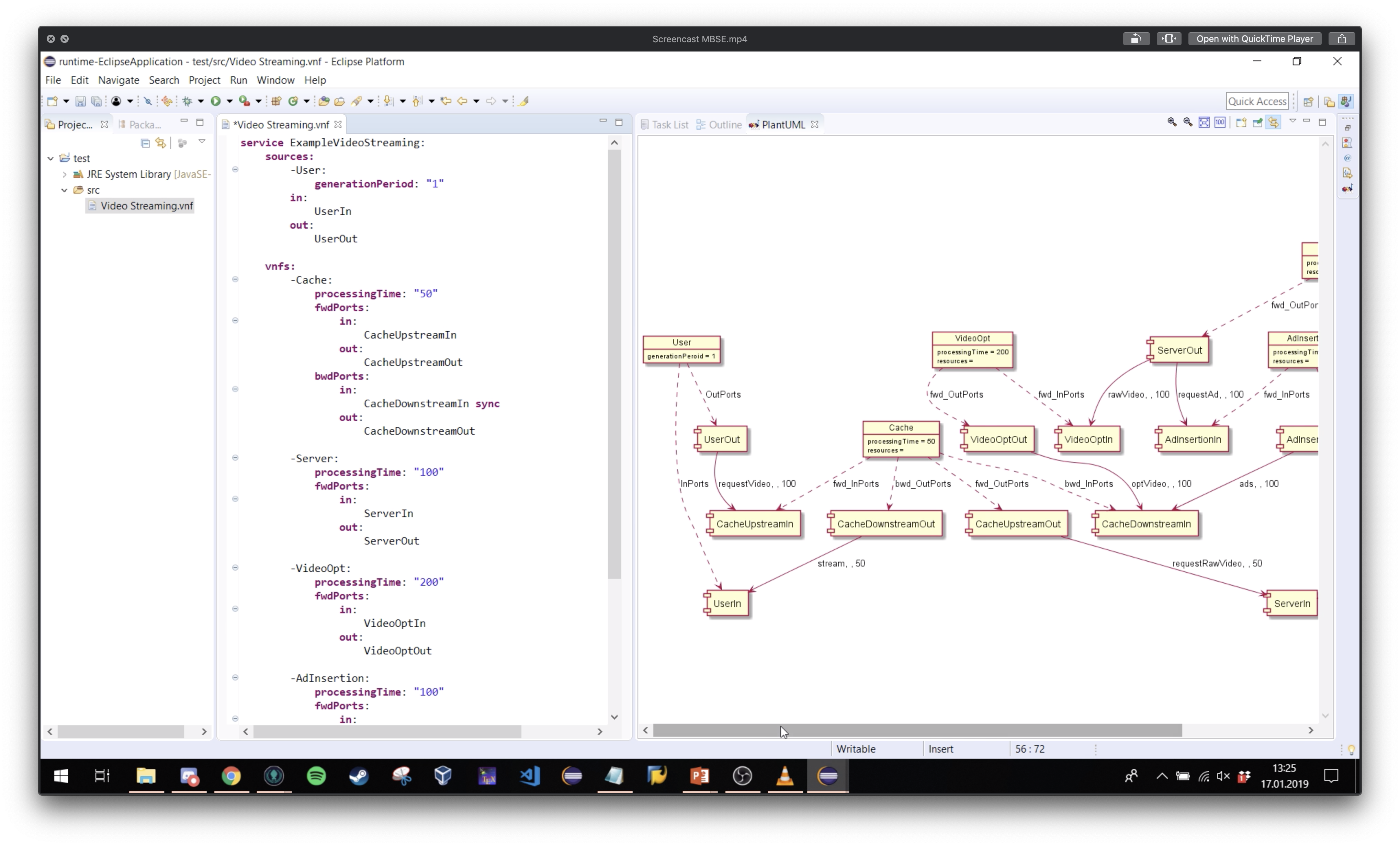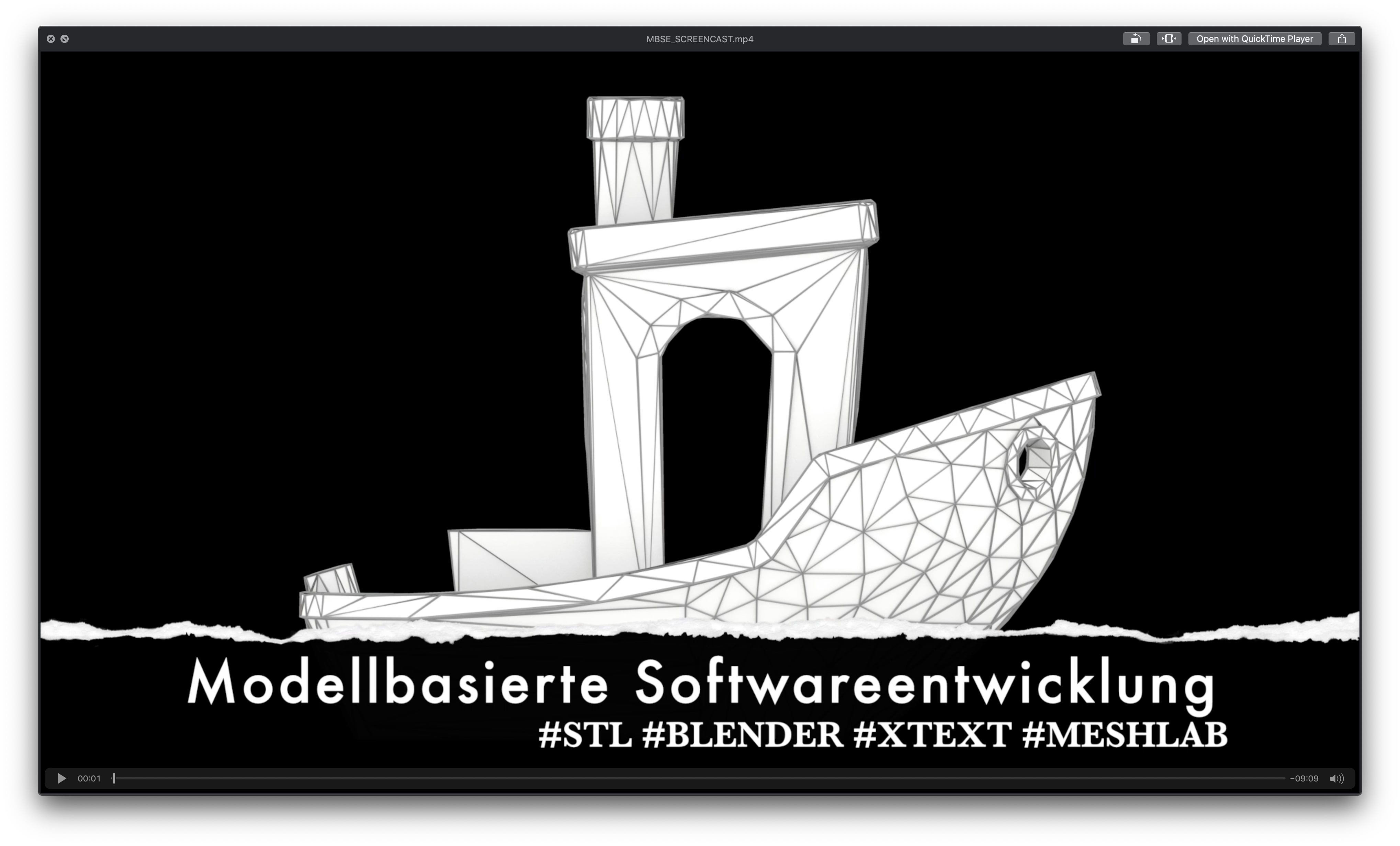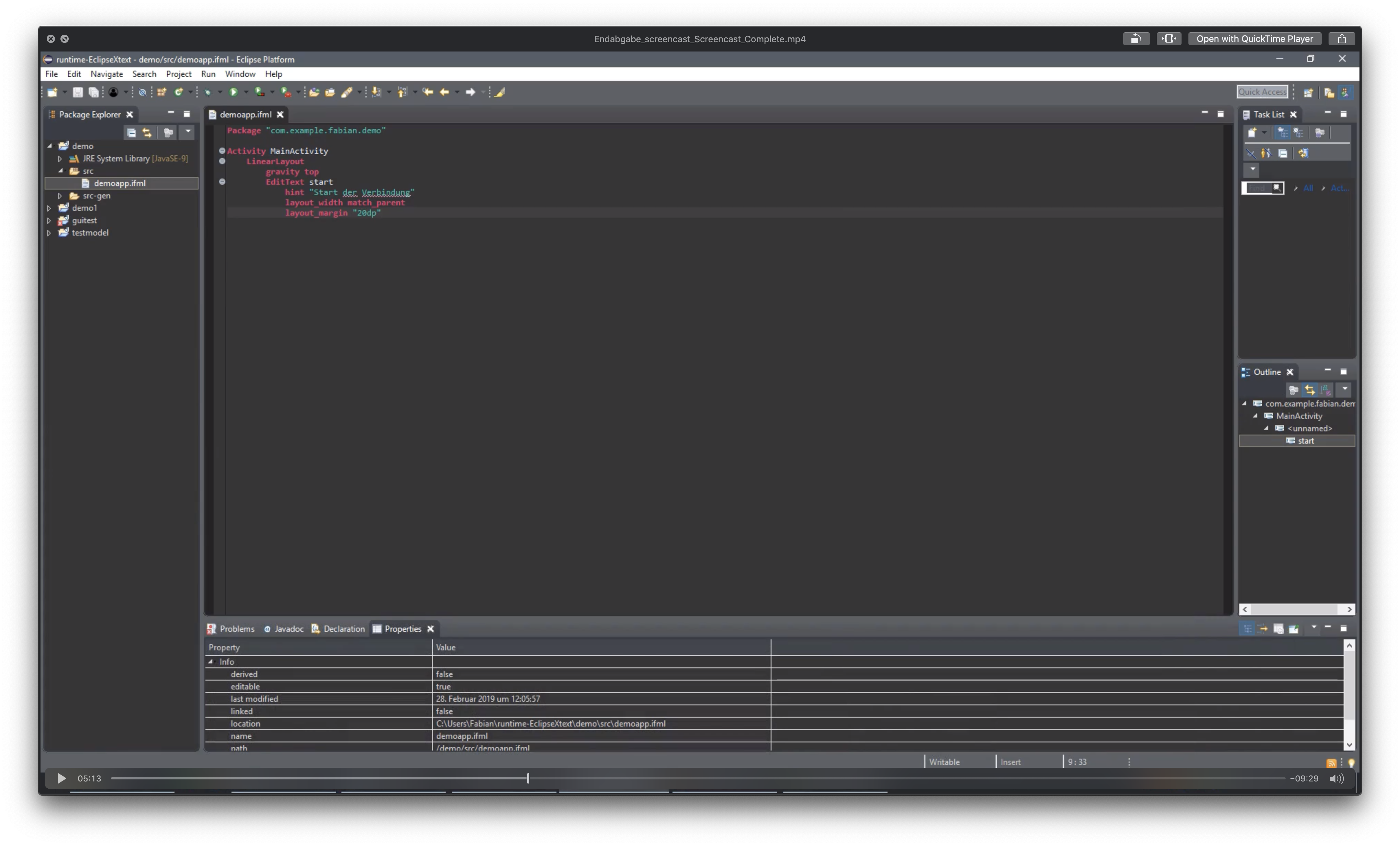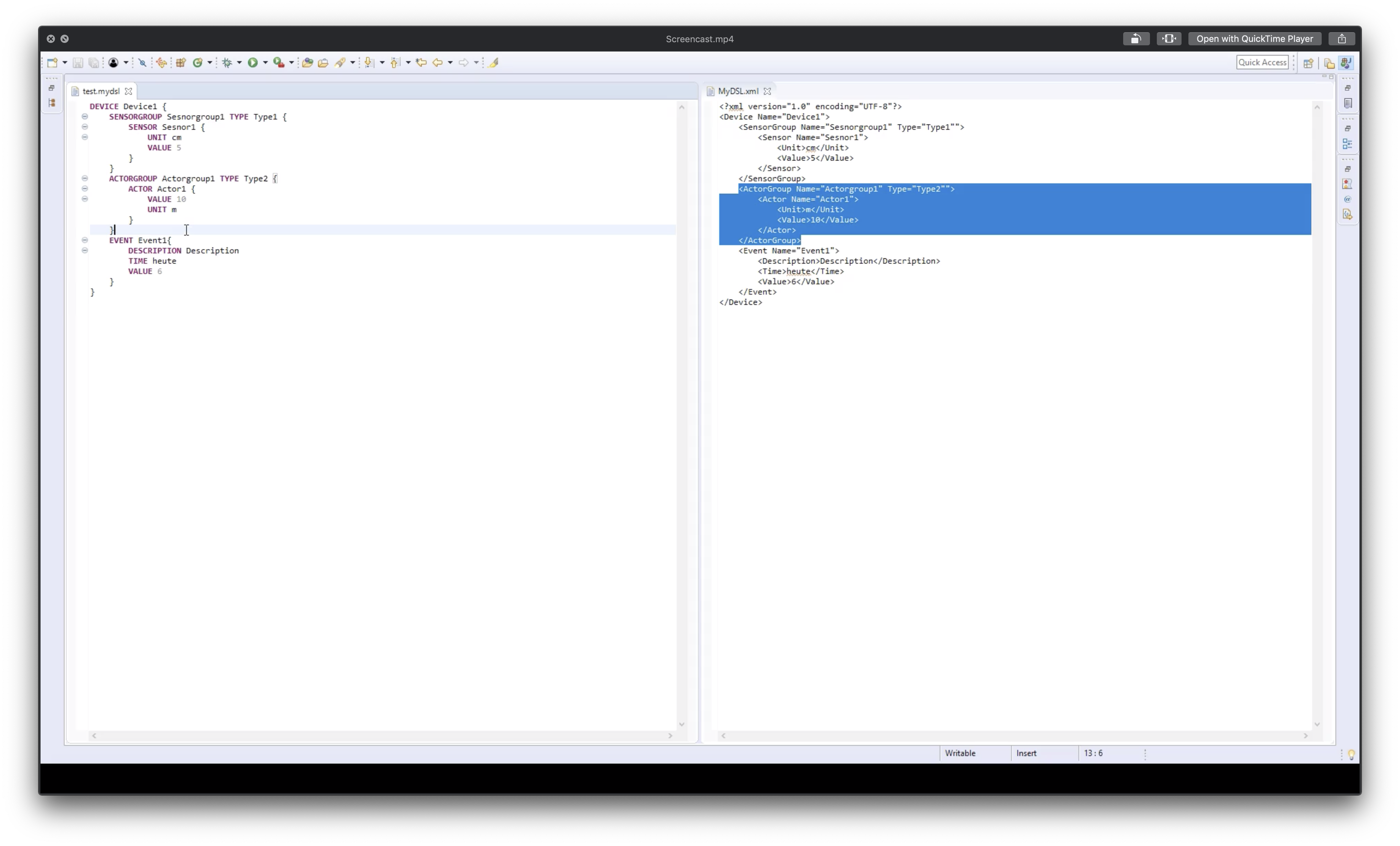Modellbasierte Softwareentwicklung (MBSE)
This lecture (on the BSc level) provides a gentle introduction to MDE. What is a model? What is a meta-model? What are meta-levels? Abstraction levels? Model transformations? All these basic questions and more are handled in this course using the development of Domain-Specific Languages (DSLs) as a motivation for MDE.
MDE has a lot to do with automation and tooling, so the model transformation tool eMoflon::IBeX will be used throughout the lecture to provide practical hands-on experience. eMoflon is based on the mature formalism of graph transformation, providing a uniform and visual set of languages for many important model management tasks.
As the course is all about software development, so-called mini-projects run parallel to the lecture and involve developing a small DSL of some kind. Participating in a mini-project can earn you a bonus if completed successfully. Wondering what can be developed in such a mini-project? Click on a picture below to view a screen cast from past mini-projects.
